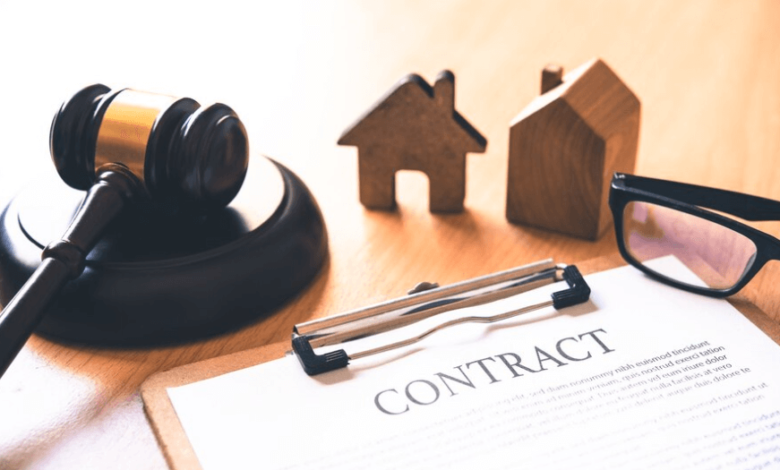What to Do If Your Landlord Ignores Maintenance Requests

When you rent a home or apartment, you expect your landlord to maintain the property in a safe and habitable condition. Unfortunately, not all landlords take their responsibilities seriously. If you’ve submitted maintenance requests and received no response, you may be wondering what steps to take next. This is a common issue that tenant lawyers, including Castelblanco Law Group, help renters address. Whether you’re dealing with plumbing issues, pest infestations, or broken heating systems, you have legal options to get the repairs you need.
Understanding Your Rights as a Tenant
Landlords are legally required to keep rental properties in livable condition. This means providing essential services like heating, plumbing, and electricity, as well as addressing serious safety hazards such as mold, leaks, or structural issues. While exact tenant rights vary by state and city, most laws include protections against landlord neglect.
If your landlord refuses to make necessary repairs, they may be violating local housing codes. In some cases, tenants can withhold rent, make repairs themselves and deduct the cost, or even break the lease without penalty. However, before taking any of these actions, it’s important to follow the proper legal process.
See also: How Criminal Lawyers in Dubai Protect Against Extortion Charges
How to Submit a Strong Maintenance Request
The first step in dealing with an unresponsive landlord is ensuring that your request is properly documented. While verbal requests may be ignored or forgotten, a written request creates a paper trail that can be used as evidence if legal action becomes necessary.
- Submit Your Request in Writing: Email is often the best method, as it provides a timestamp and proof of delivery. If you send a letter, consider using certified mail.
- Be Clear and Specific: Describe the issue in detail, including how it affects your ability to live in the unit. Attach photos if possible.
- Refer to Lease Terms or Local Laws: If your lease agreement or local housing code requires the landlord to fix the problem, mention it in your request.
- Keep Records: Save copies of all communications, including emails, text messages, and any responses you receive.
What to Do If Your Landlord Still Ignores You
If your landlord does not respond to your maintenance request within a reasonable time, you can take further action to protect yourself.
Contact Local Housing Authorities
Many cities have tenant advocacy groups or government agencies that enforce housing codes. If your landlord refuses to address serious issues, filing a complaint with these agencies can lead to an official inspection. If violations are found, the landlord may be fined or required to make repairs immediately.
Withhold Rent or Pay for Repairs Yourself
Some states allow tenants to withhold rent until repairs are completed. Others permit tenants to hire a professional to fix the problem and deduct the cost from their rent. However, these options come with risks—if not done correctly, a landlord may try to evict you for nonpayment. Before withholding rent or making repairs, check your local tenant laws and consult with a legal expert to ensure you are within your rights.
Consider Breaking Your Lease
If the problem is severe and your landlord refuses to act, you may have legal grounds to terminate your lease early. Housing laws generally allow tenants to break a lease if a rental unit becomes uninhabitable due to the landlord’s negligence. Before moving out, document the issue thoroughly and provide written notice explaining why you are leaving.
Take Legal Action Against Your Landlord
If all else fails, you may need to file a lawsuit. Tenants can sue for damages, including reimbursement for repair costs, medical expenses caused by unsafe conditions, and even emotional distress. In some cases, landlords who consistently neglect maintenance may face legal penalties. Seeking advice from a tenant attorney can help you determine whether a lawsuit is the right course of action.
Preventing Future Maintenance Issues
While dealing with a negligent landlord is frustrating, taking proactive steps can help prevent similar issues in the future. Before signing a lease, research the property owner’s reputation, inspect the unit for signs of poor maintenance, and review the lease agreement carefully. If you experience delays in repairs, act quickly to document the problem and assert your rights.
Living in a rental unit should not mean tolerating unsafe conditions. If your landlord refuses to make necessary repairs, you have options to hold them accountable. By understanding your rights and taking the proper steps, you can ensure that your home remains a safe and livable space.




